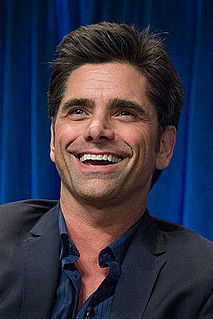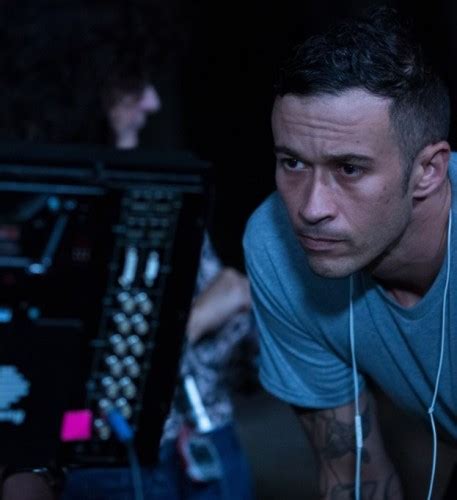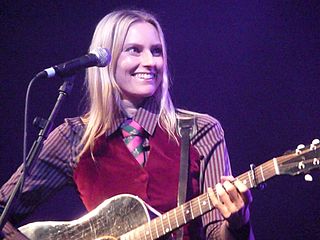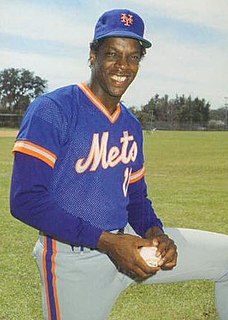A Quote by Vincent Cassel
I didn't want to be part of that tradition of French cinema that wasn't really watched by the people of my age. I didn't really care to be in the last André Téchiné or Claude Chabrol movie, even though some of them are really interesting. For me, it was much more important to work with Mathieu Kassovitz or Gaspar Noé. It was for me a question of identity.
Related Quotes
For some reason, my main movie, Lady Sings the Blues, to me really isn't me. I really can let go of Diana Ross when I see the movie. I'm really objective when I'm watching it. I liked that movie so much. That movie was like magic so that when I'm looking at it I'm really not seeing myself, I'm seeing the actress. I'm seeing another person, not the me of me.
I feel really - actually - quite terrified about the world as it now exists. The kind of sucking the world dry for a dollar seems to me to be even worse (though it was hard for me to imagine 30 years ago that it could get worse) and the idea that bling and profit over human beings is really more and more a credible idea; people don't even examine it with any kind of question: I find that really terrifying.
In all my documentaries, I have great respect for the people I work with. Really, I love them. And it's very important for me that when I finish a movie, they stay my friends. It's important that they won't feel that I in any way manipulated them or showed them in a bad light. I want to show them in all their reality - not as subjects but as people with flesh and blood - but I want to do this with all my respect.
I recorded a lot of songs that I knew I didn't like just because maybe part of me wanted to be nice, maybe part of me just wanted to be in the studio, but I've been learning that it's really important to do what you want to do. Even though I might not write all of it, I am still picking out the songs that I want to do. A lot of people who are writing for me are people I have worked with for a while so they know who I am and what I want. I have a lot of opinions and I have learned that it is absolutely okay to express them and to say, "No, I don't want this."
Even though it took forever to release a movie, and even though it's a small indie release, the fact that in five years someone will be skipping through Netflix, or Amazon, or whatever and say, "Wow, that was a really cool movie. That was a really great story. Or I was really creeped out, or intrigued by that." You almost kind of forget what it took to get there, or was it in the theaters or not. So that's kind of exciting as a filmmaker. That it doesn't really matter as much the release platform, as much as how can I see it?
My son tells me, 'Do you realize you are the last one? The last person who was an eyewitness to the golden age?' Young people, even in Hollywood, ask me, 'Were you really married to Humphrey Bogart?' 'Well, yes, I think I was,' I reply. You realize yourself when you start reflecting - because I don't live in the past, although your past is so much a part of what you are - that you can't ignore it. But I don't look at scrapbooks. I could show you some, but I'd have to climb ladders, and I can't climb



































